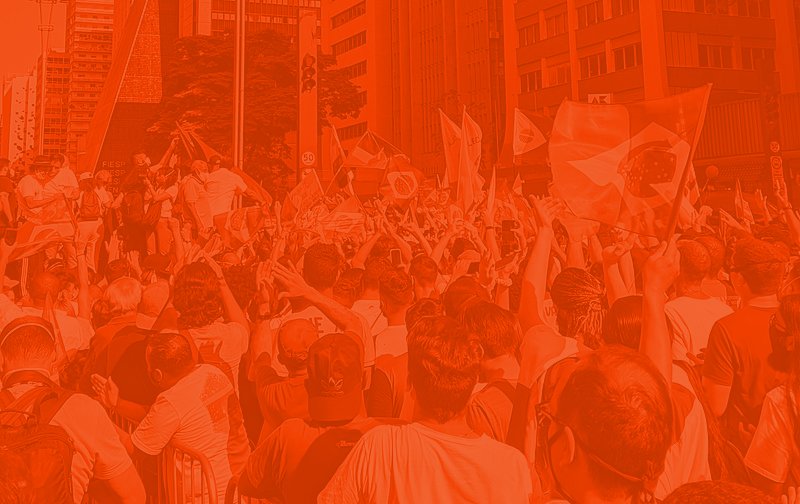
Movement Lawyering in Times of Rising Authoritarianism
Publication in collaboration with LPE Project
English
*
English *
“We as movement lawyers start from the idea that law is a field of argumentation, and we use what we have at hand to support social struggles.”
Jomary Ortegón. President of Colectivo de Abogados José Alvear Restrepo (CAJAR), Colombia (read bio)
Español
*
Español *
“Authoritarianism not only represses us, it depresses us.”
Camila Gomes, Coordinator of International Advocacy and Litigation, Terra de Direitos, Brazil
Em portugués
*
Em portugués *
“I found in this struggle a way to continue exercising my motherhood, to continue taking care of my son. Because that's what happens when our children are murdered. We don't have the right to mourn and we need to go out in defense of that child. Because for the police it's not enough just to kill the body, you have to take everything away, the dignity of the person, you have to criminalize these bodies in order to somehow give legitimacy to these murders. Unfortunately, we live in a racist, prejudiced society that kills, imprisons and disappears black bodies.”
Ana Paula de Oliveira: Founder of Mães de Manguinhos, Brazil. Read bio.
AN ESSENTIAL CONVERSATION FOR OUR TIMES
On July 3-5, 2024, the Global Network of Movement Lawyers at Movement Law Lab, in partnership with Labá - direito, espaço & política (of the Federal University of Rio de Janeiro, Brazil) and Terra de Direitos hosted the Symposium “Movement Lawyering in times of Rising Authoritarianism” at PUC-Rio, in Rio de Janeiro, Brazil. Movement lawyers from around the world, researchers, activists and students gathered to reflect on how movement lawyers have used (or pushed against) the law to support social movements in the face of repressive or authoritarian regimes and collectively discuss new ways of confronting compounding global crises.
“This is a struggle that doesn't just belong to the indigenous movement, but must be international. This isn't a crisis. It's an attempt to destroy our people and the whole world. If you wipe out indigenous territories, you'll be wiped out too. We are 5% of the world's population, but we protect 80% of the planet's biodiversity. We're not just talking about the lives of indigenous peoples, but the life of the planet.”
— Auricélia Arapiuns














